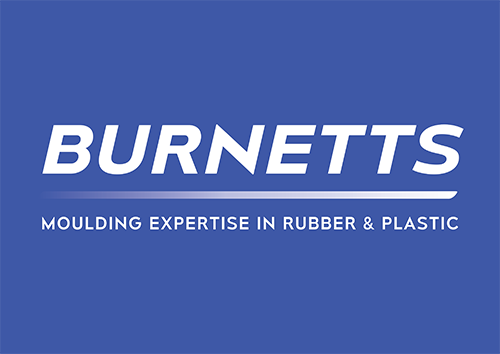The main characteristics of TPE are:
- Good electrical properties
- Resistance to extreme temperatures from -30C to 140C
- Excellent resistance to chemicals & weathering
- High impact strength
- Excellent flexural fatigue resistance
- Easy thermoplastic processing
- Short cycle times
- Thermal stability, providing large processing windows
- Multi-component processing and reduced assembly costs
- Combination of two materials (hard-soft composite)
- Recyclable
- Excellent colourability
- Low specific gravity

